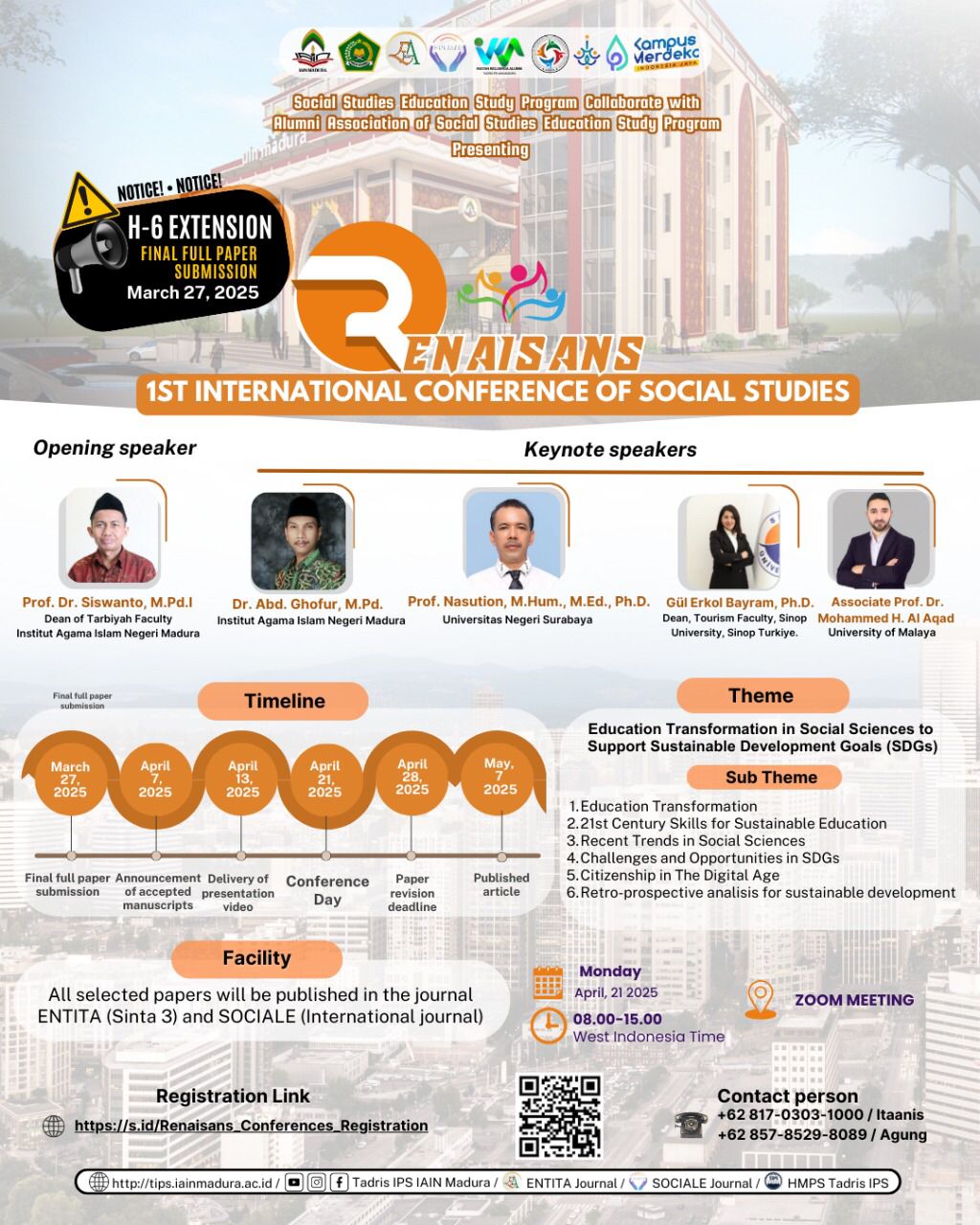Analysis of Cyberbullying Among Students: a Legal Perspective in Indonesia
 Abstract views: 3
,
Abstract views: 3
,
 PDF downloads: 6
PDF downloads: 6
Abstract
Cyberbullying has become a global phenomenon that occurs not only in Indonesia but also in various other countries, so it is a common concern to find solutions to overcome it, mainly because the majority of victims are children. Unfortunately, there are still many countries in the world that do not have specific policies or regulations to deal with cyberbullying. Therefore, preventive measures need to be designed immediately so that children do not become more victims of advances in information technology. This study uses a normative legal research method. The problem that is formulated is how cyberbullying occurs among students in Indonesia and how it is viewed from a legal point of view in Indonesia. According to research conducted by the Center of Digital Society in 2021, 45.35% of 3,077 junior high and high school students were victims of cyberbullying, while 38.41% were perpetrators. In addition, according to UNICEF data from 2022, 45.35% of 2,777 Indonesian students reported having experienced cyberbullying. Despite this, research conducted over the past few years in two European countries indicates that Romania has the highest rate of cyberbullying among remaja, at 37.3%. Other countries in the background are Poland (21.5%) and Greece (28%). Cyberbullying is illegal in Indonesia under Law No. 11 of 2008 about Information and Electronic Transactions (UU ITE). Provisions regarding insults and defamation were regulated in Article 310 of the Criminal Code, paragraphs (1) and (2), but according to Constitutional Court Decision No. 50/PUU-VI/2008, in 2016, Law No. 19 of 2016, an amendment to Law No. 11 of 2008, cyberbullying is legally prohibited.
Downloads
References
Arifin, S. (2024). PENGARUH MEDIA SOSIAL TERHADAP PENINGKATAN KEJAHATAN CYBER (CYBERCRIME). Journal Politics and Government, 1(2), 179–192. https://doi.org/10.46306/jpg.v1i2
Bari, A., & Taufik, A. (n.d.). Implikasi Hukum dan Sosial dari Kriminalisasi Cyberbullying: Tinjauan terhadap Perlindungan Korban dan Tersangka.
Fadilah Al Idrus, N., & Widowati, Y. (2022). CYBERBULLYING DI MEDIA SOSIAL DALAM PRESPEKTIF KRIMINOLOGIS DAN VIKTMOLOGIS (Vol. 8). https://tangerangnews.com/tekno/read/37107/Makin-Banyak-Anak-Muda-Jadi-Korban-
Fitria Wijaya, A., Junaidi, A., Khaerudin, A., & Muhtarom, M. (2024). Tinjauan Cyberbullying Di Kalangan Remaja dalam Perspektif Hukum Pidana Cyber. Journal Of Social Science Research, 4, 462–474.
Hukum, P., Siber, D. K., Fairuzzen, M. R., Putra, A. A., Reihan, A., Prihatini, L., Universitas, F. H., & Bogor, P. (2024). Indonesian Journal of Islamic Jurisprudence, Economic and Legal Theory (IJIJEL) “CYBERCRIME” DI INDONESIA. https://shariajournal.com/index.php/IJIJEL
Ira Febriana, & Shifa Intan Rahma. (2024). Analisis Kebijakan UU Nomor 1 Tahun 2024 (untuk Penanganan Cyber Bullying) dengan Perspektif Problem Tree Analysis. Journal of Research and Development on Public Policy, 3(2), 113–123. https://doi.org/10.58684/jarvic.v3i2.144
Isnawan, F. (2023). TINJAUAN HUKUM PIDANA TENTANG FENOMENA CYBERBULLYING YANG DILAKUKAN OLEH REMAJA. 4(1), 2746–5047. https://doi.org/10.55637/juinhum.4.1.6700.145-163
Julietha Adnan, A., Putriyana, D., Asmara Wibowo, H., & Ramadan, S. (2024). Perlindungan Hukum terhadap Anak Sebagai Korban Tindak Pidana Cyberbullying. Indonesian Journal of Criminal Law and Criminology (IJCLC), 5(1), 25. https://doi.org/10.18196/ijclc.v5i1.20935
Kejahatan Siber, M., Fauziyyah, F., Aqshal, N., Salamah, S., & Syafa, A. (2024). Sosialisasi UU ITE Untuk Meningkatkan Kesadaran Siswa (Vol. 5, Issue 5). https://proceedings.uinsgd.ac.id/index.php/Proceedings
Mokobombang, M., Darwis, Z., & Mokodenseho, S. (n.d.). Pemberantasan Tindak Pidana Cyber di Provinsi Jawa Barat: Peran Hukum dan Tantangan dalam Penegakan Hukum Terhadap Kejahatan Digital. In Jurnal Hukum dan HAM Wara Sains (Vol. 02, Issue 06). Juni.
Ni, O., & Meinarni, P. S. (2019). Tinjauan Yuridis Cyber Bullying Dalam Ranah Hukum Indonesia (Vol. 2, Issue 1).
Pansariadi, R. S. B., & Soekorini, N. (2023). Tindak Pidana Cyber Crime dan Penegakan Hukumnya. Binamulia Hukum, 12(2), 287–298. https://doi.org/10.37893/jbh.v12i2.605
Parwitasari, T. A., Fitriono, R. A., & Budyatmojo, W. (2024). PENGARUH MEDIA SOSIAL TERHADAP CYBERBULLYING DI KALANGAN REMAJA DI INDONESIA THE INFLUENCE OF SOCIAL MEDIA ON CYBERBULLYING AMONG TEENAGERS IN INDONESIA. https://doi.org/10.31764/jmk
Sakban, A., Kasmawati, A., Tahir, H., & Artikel, R. (2019). CIVICUS : Pendidikan-Penelitian-Pengabdian Pendidikan Pancasila dan Kewarganegaraan Kebijakan Hukum Pidana Terhadap Kejahatan Cyber Bullying di Indonesia INFO ARTIKEL ABSTRAK. 7(2), 59–65.
Sakiruddin Istiqomah, R. (2024). Upaya Pencegahan Dan Penanganan Cyberbullying Di Lingkungan Sekolah. Al Irsyad: Jurnal Studi Islam, 3(1), 21–28. https://doi.org/10.54150/alirsyad.v3i1.254
Slingenberg, L. (2019). The right not to be dominated: The European Court of Human Rights case law on migrants' destitution. Human Rights Law Review, 19(2), 291–314. https://doi.org/10.1093/hrlr/ngz012
Sukma, B. P., Puspitasari, D. A., Afiyani, S. A., Okitasari, I., Palupi, D., Kusumawardani, F., Khatimah, H., & Prayoga, R. A. (2021). Pola tuturan perundungan siber (cyberbullying) di kalangan pelajar Indonesia. Bahasa Dan Seni: Jurnal Bahasa, Sastra, Seni, Dan Pengajarannya, 49(2), 205. https://doi.org/10.17977/um015v49i22021p205
Yana. (n.d.). Cyberbullying di Kalangan Remaja (Studi tentang Korban Cyberbullying di Kalangan Remaja di Surabaya).
Copyright (c) 2025 Entita: Jurnal Pendidikan Ilmu Pengetahuan Sosial dan Ilmu-Ilmu Sosial

This work is licensed under a Creative Commons Attribution-NonCommercial 4.0 International License.
ENTITA: Jurnal Pendidikan Ilmu Pengetahuan Sosial dan Ilmu-Ilmu Sosial operates an Open Access policy under a Creative Commons Non-Commercial 4.0 International license. Authors who publish with this journal agree to the following terms:
- The copyright of the received article once accepted for publication shall be assigned to the journal as the publisher with licensed under a

- Journal is able to enter into separate, additional contractual arrangements for the non-exclusive distribution of the journal's published version of the work (e.g., post it to an institutional repository or publish it in a book), with an acknowledgement of its initial publication in this journal.
- Journal is permitted and encouraged to post their work online (e.g., in institutional repositories or on their website) prior to and during the submission process, as it can lead to productive exchanges, as well as earlier and greater citation of published work (see The Effect of Open Access).
- Here is Copyright Transfer Form that author can download and send to OJS during submission.

















